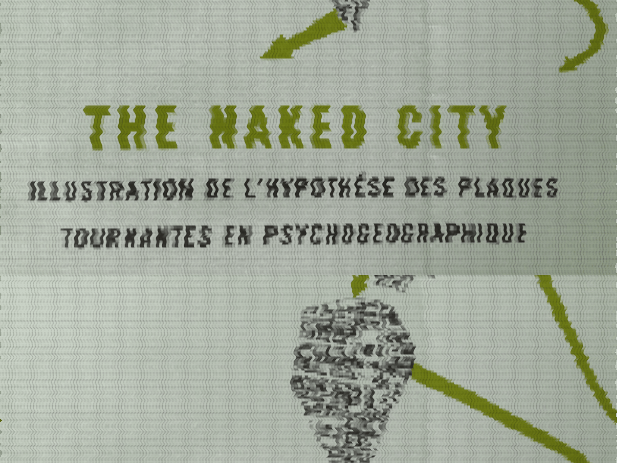
Travel has always been illuminating for me—every place I visit presents me with experiences that shed light on things I was previously unable to fully understand. That this is so, is only natural to Mrs. Trang, an urban planner from a university in Hanoi. She introduces me to Psychogeography. Psychogeography is an urban planning concept which suggests that our geographical surroundings have a psychological impact on our emotions and, hence, our behaviors. According to Mrs. Trang, when designing a city, urban planners must first know the kind of feeling(s) they wish the inhabitants to experience. Only then will the urban planner be able to determine such things as building design to the kinds of trees and flowers to be planted. All of these elements, she says, will allow a city to emanate certain vibes—“Every city has its own personality.” These vibes are designed to affect the way people think and act. Therefore, it should be no surprise if people are to some extent different whenever they change their geographical locations.

Psychogeography is also a concept that allows me to better grasp the concept of Inshallah, a religious concept central to my own personal and professional life. The term Inshallah simply means “God willing” or “If God wills.” Muslims ought to say it, instead of “I will,” whenever they agreed or “promise” to do something in the future for another party. Looking at the practice of Inshallah from Arendt’s perspective, it appears as a social transaction of advanced request for forgiveness from the party who makes a promise, and a guaranteed release of forgiveness from the party to whom the promise is made. This social transaction of forgiveness would be important when the first party, for whatever reason, is unable to keep their promise. Such failure produces certain effects such as distrust or contempt which is, to some degree, damaging to the relationship between them. However, within the Muslim community, such negative effects are likely mitigated because forgiveness (understanding) has been given upfront, i.e. when they say “Insha’Allah” (“If God allows me to do so”). Accordingly, the practice Inshallah offers a remedy for the damage that is not even there yet.
The practice of Inshallah does offer an insight into the irreversible and unpredictable nature of human action and its redemption, as Hannah Arendt mentioned in The Human Condition. Once a certain deed is performed, the consequences exceed time and space and are unforeseeable and impossible to undo. If the consequence is negative, it prevents the related parties, especially the wrongdoers, from moving on with their lives. The way to free them from such an imprisonment, Arendt says, is through forgiveness. That way, the wrongdoer may release the guilt and the offended party is free from grudges. Then they will be able to interact with each other again, or at least, moving on with their lives. Finally, I should also like to say that to merely use the term Inshallah without genuine efforts to meet the promises is an irresponsible act that would also be damaging to social relationships.
One of the effects of the change in location that has always troubled me was that people are more likely to fail to meet their promises. Having many encounters of just such an experience, I lost my ability to trust people and their promises. But, after four years of psychological, religious and physical homelessness, I think the Psychgeography concept has just dissolved the grudge I have for people and promises. It helps me to see that there are many factors at play in the failure in meeting promises including pyschogeography. Thus, releasing my resentments and people I despised become a natural and personal process which does not need the presence of remorse, nor request from the offender, and, that is I think what Derrida meant by giving yourself the gift of forgiveness. Finally, pyschogeography has shown me the intelligibility of Inshallah, which is helpful in better understanding the dilemmatic religion vs. science relationship.

